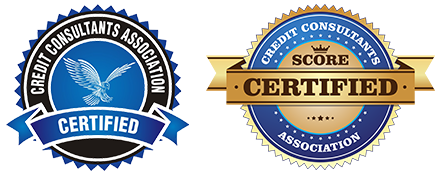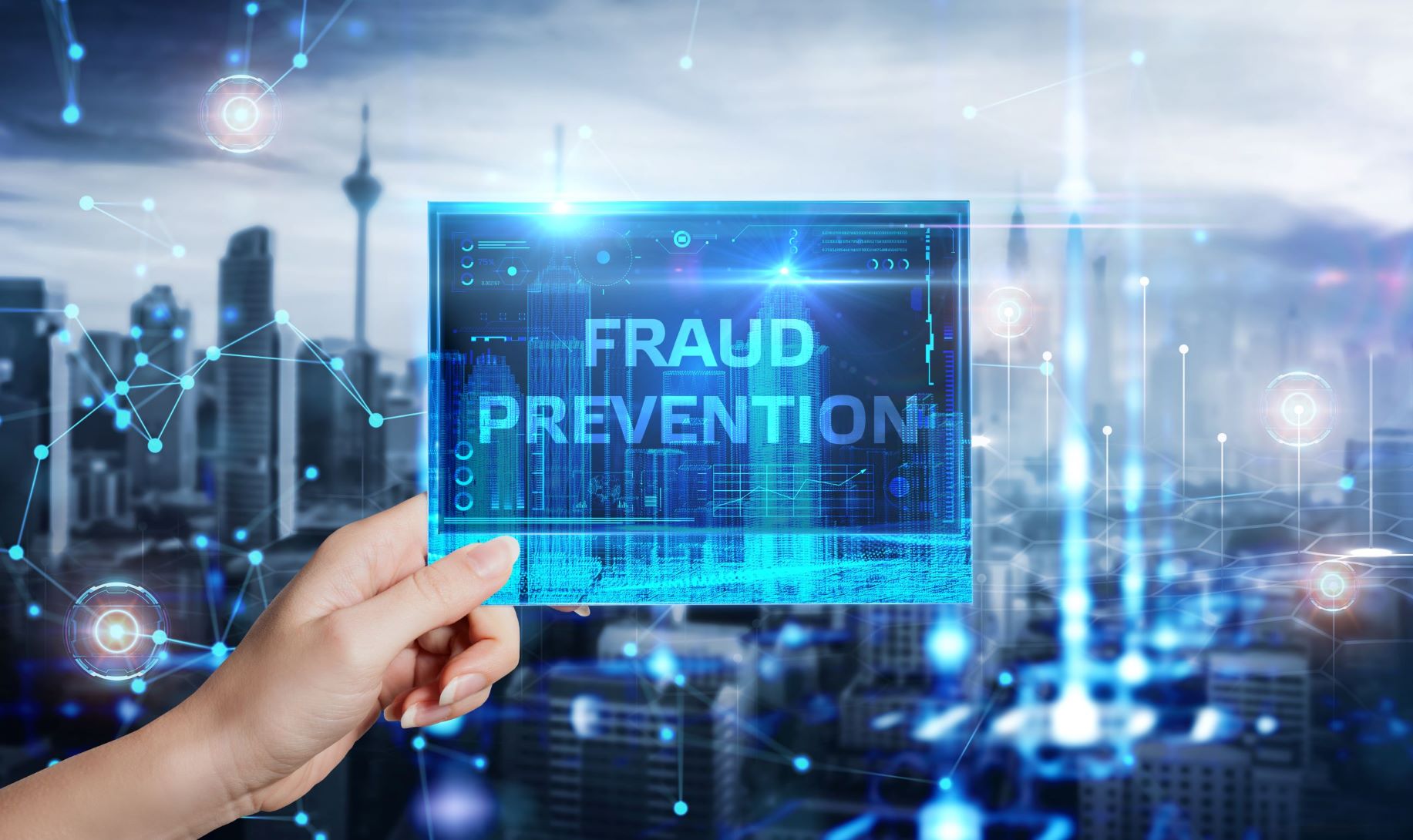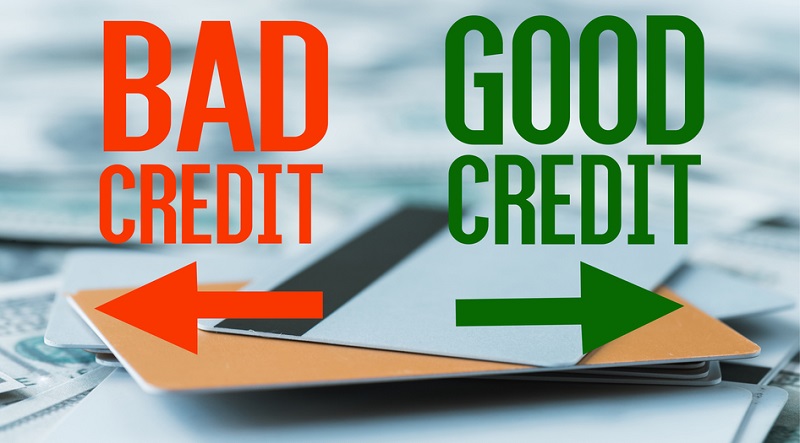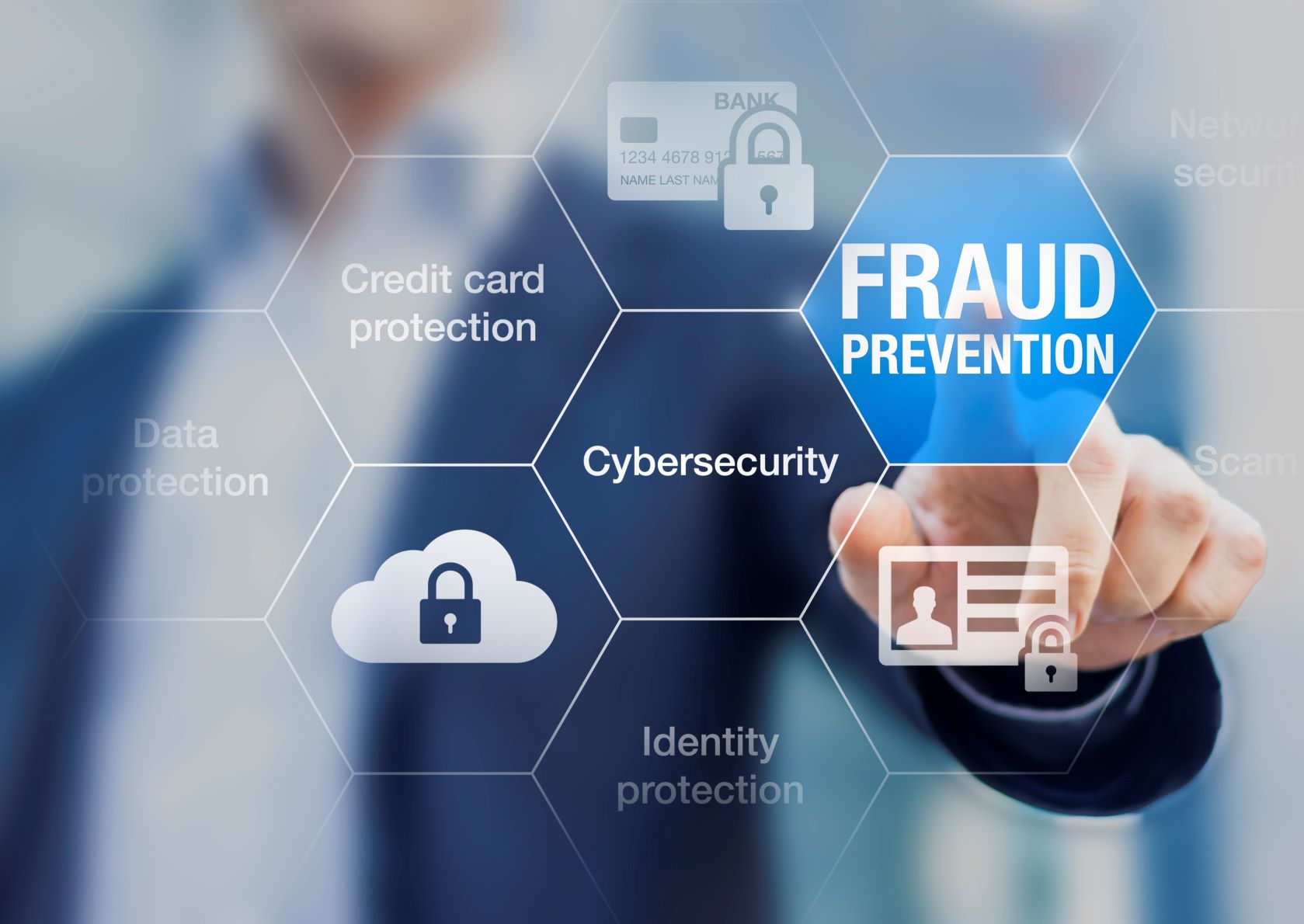How to Clean Up My Credit History! And Raise My Score!
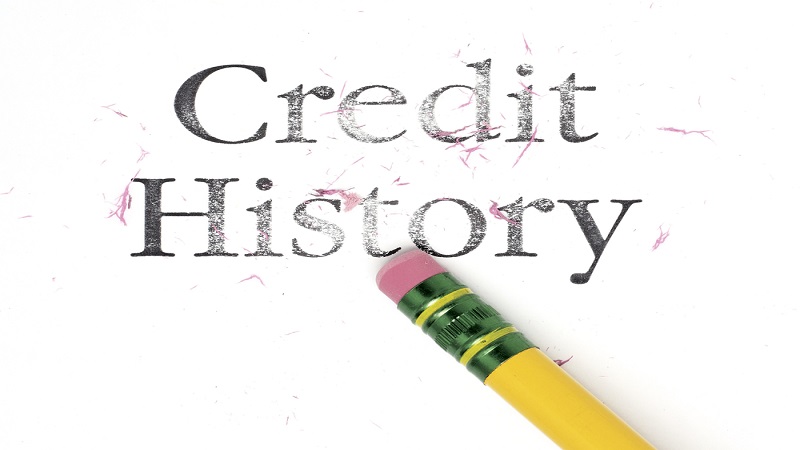
If I want someone to clean up my credit history, this is where I would start to raise my credit score.
Does your low credit score give you anxiety? Are you overwhelmed by old medical debts or credit cards that were closed years ago? Bad credit is cause for concern, but there are actions you can take right now to start improving your scores.
Clean Up My Credit History 101!
These are the step-by-step ways I would use to clean up my credit history if mine was terrible and what I would suggest to you. Walkthrough the following steps to repair bad credit history and see your scores boost month after month.
1. Dispute any information that is inaccurate or incomplete.
Pull your free annual credit reports for all three credit bureaus. You may feel overwhelmed at first glance, but this is just your starting point. Look through all report sections and note any information that isn’t accurate or complete.
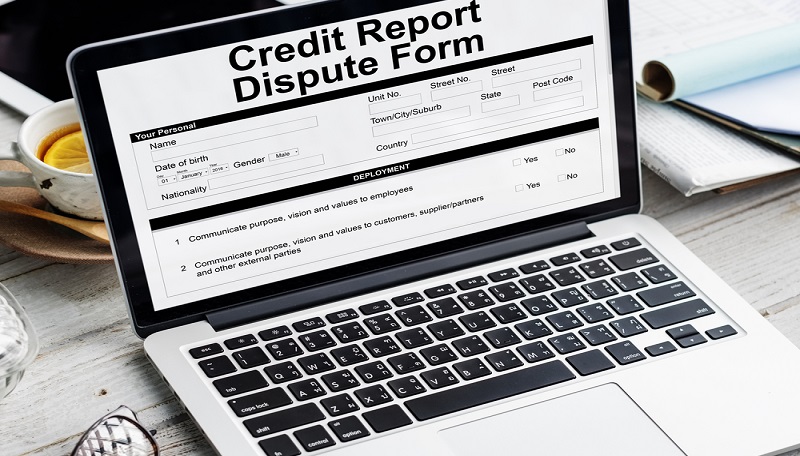
For instance, you may notice that a credit card reported missed payments when you have never missed a payment for that card. Maybe you know closed accounts do not belong on your credit report. Perhaps a credit card you paid off a year ago is still reflecting a high balance.
Clean up my credit history step one is to gather any documentation that will prove the inaccurate information is wrong or doesn’t belong on your report. Create a dispute letter for all three credit bureaus and mail it off along with copies of your supporting documentation.
Credit repair software options can help you generate dispute letters, but you don’t need to pay for this step. Just make sure your letters are easy to read and comprehensive.
You want them to make your case on why incorrect information should be removed from your credit report. The creditor will have 30 days to prove the information is accurate and complete or agree to remove it. If they don’t respond in that time, the credit bureaus will remove the information for you.
2. I can clean up my credit history by not missing more payments.
Maybe you have missed payments that you can’t honestly dispute. They will remain on your credit report, but you can start a new history of on-time payments starting this month. The longer you go without a missed payment, the less those old missed payments will hurt your credit score.
Even if you have limited income, you can prioritize timely payments. It may mean sacrificing elsewhere in your budget at times, but this is important if you want to boost your credit score.
3. I can clean up my credit history by Increasing my available credit.
Your credit utilization ratio is the percentage of your total available credit that is in use. Showing that you have available credit that you don’t use is a sign to potential lenders that you’re a responsible consumer who doesn’t live off credit.
Keeping all accounts around 18% of your maximum credit limit or less will improve your score, but it may take some time to get there if all of your accounts are maxed out.
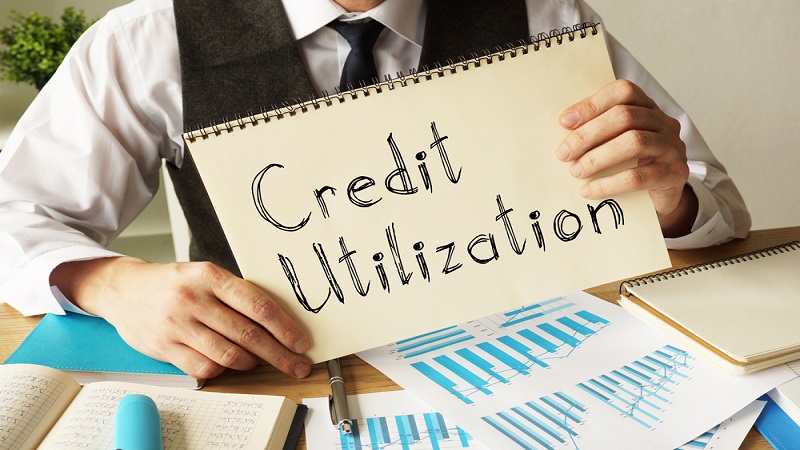
Here are some ways that you can free up more available credit:
- Pay down credit cards with high balances.
- Ask lenders to increase your maximum spending limit.
- Secure a new credit card, line of credit, or loan.
A fourth option is to consolidate your credit card debt onto one card or into a loan with a lower interest rate. That pays off your credit cards to improve your available or unused credit, but it also adds a new loan or credit card with a high balance.
It’s a good move that can help boost their credit score in the long run for some people. For others, it doesn’t help or may even hurt.
FICO has a good credit card consolidation calculator that can help you determine if consolidation with save you more than it may cost you. You have to input information about all credit cards in question to get an instant recommendation.
4. I can clean up my credit history by separating inactive and collection accounts.
What about the collection accounts and those credit cards that closed years ago? There are a few things you can do with negative accounts:
- Do Nothing – This is a good option if the accounts will naturally fall off your credit report in the next year or two. Most debts no longer reflect on your report after seven years from the initial date of delinquency. Contacting the lender or collection agency could allow them to update the filing and start that seven years all over again. It’s sometimes best to wait it out.
- Arrange a Settlement – If you have new delinquencies or an old debt that won’t fall off for three years or more, you can contact the lender or collection agency to request a settlement or pay-for-delete arrangement. A settlement allows you to pay a reduced amount in exchange for a credit report update that shows the $0 remaining balance. Pay-for-delete means you pay the debt, and the lender removes it from your credit report entirely.
- Consolidate Debt – If you have a lot of medical debt, defaulted student loans, or credit cards, you may consolidate all accounts into one active loan. That will reduce the amount owed on all accounts to $0, which looks better than a string of unpaid debts.
Create a list for each of these categories, and then go through your credit report and place every closed account and collection account into one of the lists. That tells you what action you need to take to get those entries off your credit report.
Of course, this assumes you’ve already disputed any accounts that aren’t accurate or complete. You should never pay off a debt that doesn’t rightfully belong to you.
5. I can clean up my credit history by adding new positive accounts to my credit report.
Adding new accounts to your credit report can do a few positive things for your credit score:
- Improve the mix of credit types in your report. Ideally, you will have a mix of installment and revolving credit accounts. If you only have credit cards, adding an auto or small personal loan may help.
- Increase your available, unused credit. The catch is to open new accounts but not charge them up.
- Add on-time payments as you pay on your new accounts responsibly.
Don’t go on a credit card application spree. Collecting cards can become addicting, but collecting those hard inquiries can run your credit score down rather than up. If you receive some rejections during that spree, creditors may also see it as a sign that you’re desperate for cash.
You want to select your new accounts based on what they will do for your credit score. If you need a new credit card to increase available credit and improve your credit type mix, do your research to find one likely to accept your current credit score.
If you would instead go with a loan with bad credit, consider a credit-building loan like those available from Self.
Experian Boost is another option, and it adds on-time utility payments to your credit report, quickly boosting your credit score. Signing up is free, and you can select which payments get listed on your credit report.
Following these five steps to clean up my credit history may take some time, but the process hits on the most effective credit repair strategies. Some actions will boost your credit score more than others, depending on the flaws currently holding your credit report back from success.
Free 5-Day - Start Repairing Credit Challenge - Do It Yourself - Including A Live Expert Question & Answer Session.

Related Articles:
- Top 8 Tips to Raise Your Credit Score
- Best Personal Credit Repair Software Options
- Credit Repair Shouldn't Cost a Fortune!
- Better Credit Booster News and Tips
- 101 Credit Tips to Boost Credit Score Points, Today!
- Frequently Asked Credit Repair Questions and Answers (FAQ)
